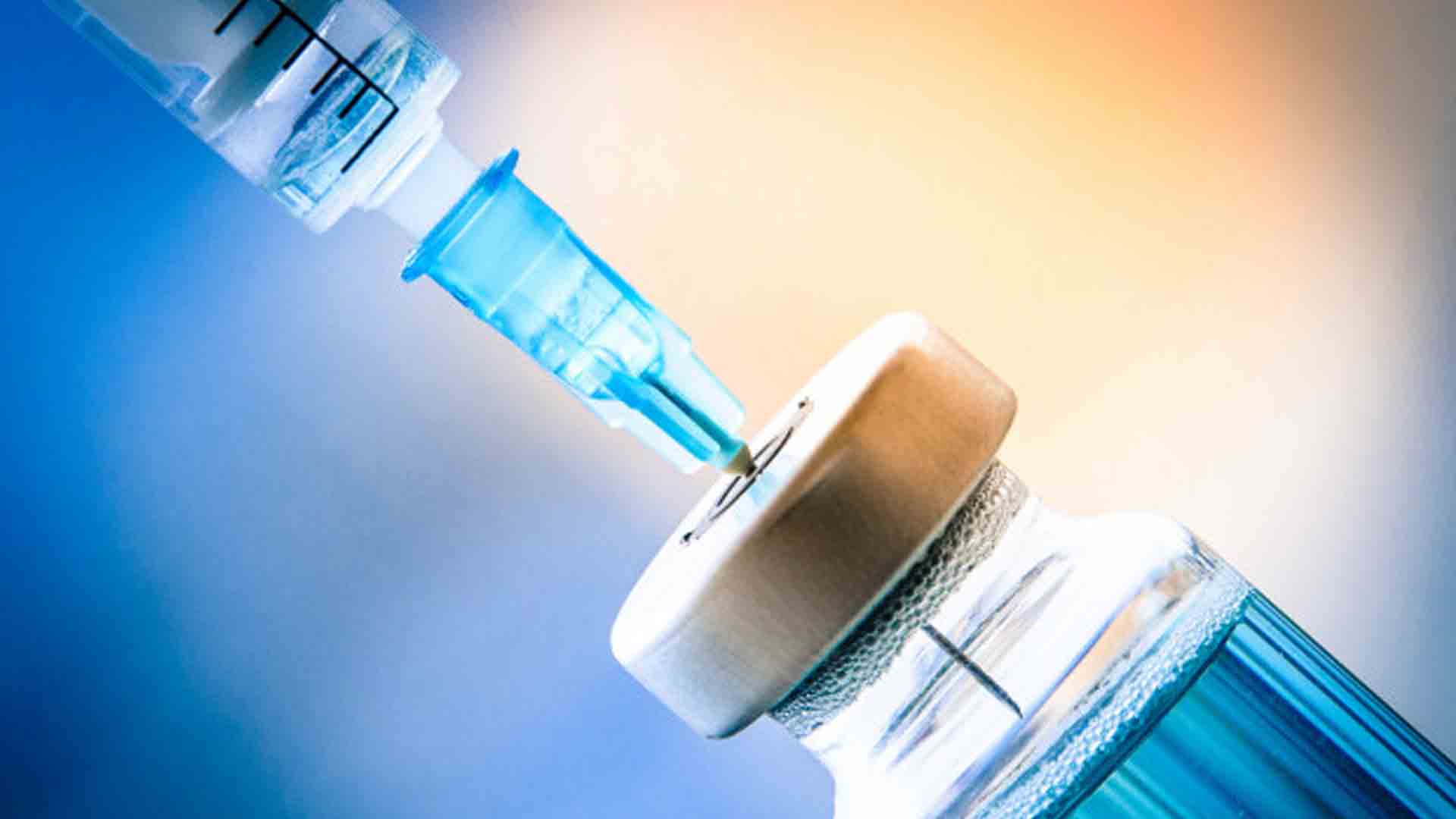Today, more than 480,000 doses of AstraZeneca vaccines arrived in the Philippines from the COVAX Facility, the international partnership established to ensure equitable distribution of COVID-19 vaccines around the world. The Philippines is among the first countries in Southeast Asia to receive vaccines from the COVAX Facility. COVAX is co-led by Gavi, the Vaccine Alliance, the World Health Organization (WHO) and the Coalition for Epidemic Preparedness Innovations (CEPI), working in partnership with UNICEF as well as the World Bank, civil society organisations, manufacturers, and others.
“The long days and nights of waiting are finally over. These vaccines will be of great help to our valiant healthcare workers who have been at the forefront of the battle against the COVID-19 pandemic. With every dose that we will administer, we are inching towards a safer recovery from this pandemic. So, let us put our trust in science, in vaccines. Together, we will rise as a nation and heal as one,” says Department of Health Secretary Francisco T. Duque III.
Officials from the Philippines’ Inter-Agency Task Force on the Management of Emerging Infectious Diseases (IATF), Department of Health (DOH), World Health Organization (WHO) and UNICEF Philippines received the vaccine doses at the Ninoy Aquino International Airport. The Philippine Government will lead the rollout of the COVID-19 vaccination campaign.
The COVAX Facility leads an unprecedented effort to provide at least 2 billion doses of COVID-19 vaccines by the end of 2021 to low- and middle-income countries. For several months, COVAX partners have been supporting governments and partners in readiness efforts, in preparation for this moment. This includes assisting with the development of national vaccination plans, support for cold chain infrastructure, as well as stockpiling of half a billion syringes and safety boxes for their disposal, masks, gloves and other equipment to ensure that there is enough equipment for health workers to start vaccinating priority groups as soon as possible.
The WHO launched the Access to COVID-19 Tools (ACT) Accelerator, a global collaboration to accelerate development, production, and equitable access to COVID-19 diagnostics, therapeutics, and vaccines. COVAX is the vaccines pillar of the ACT Accelerator and is led jointly by Gavi, WHO, the CEPI, and UNICEF, which is leading vaccine procurement and delivery operations. WHO is tasked with ensuring fair allocation and prioritization of countries eligible to receive vaccines from the COVAX Facility.
“WHO joins partners and the people of the Philippines in welcoming the arrival of COVID-19 vaccines through the COVAX Facility. These vaccines coming through COVAX will help protect up to 20% of the population in the country during this year, including healthcare workers, other frontline workers and the elderly – groups who are most at risk. The COVID-19 vaccines are proven to protect people from severe disease and death. Used together with public health measures currently in place – wearing masks, physical distancing, avoiding large groups, and washing hands frequently – will help mitigate the effects of the pandemic by reducing deaths and severe disease. We all welcome the addition of vaccines to the available tools in the country which, when used to scale, will contribute to gradual return of day-to-day activities and economic revival in the country. The delivery of COVID-19 vaccines in the Philippines is a powerful step in that direction,” said Dr. Rabindra Abeyasinghe, WHO Representative to the Philippines.
UNICEF is leading the procurement and delivery of COVID-19 vaccines through COVAX facility to countries – the biggest, most sophisticated ground operation in the history of immunization. In the Philippines, apart from supporting COVID-19 vaccine introduction and roll out, UNICEF continues to support the immunization programmes of the government through planning, cold chain and vaccine management, technical know-how and training. Building on over 70 years of experience in providing simple, effective and accurate information to build public knowledge, awareness and confidence in vaccines, UNICEF is working with partners to ensure that local communities are engaged in the overall vaccination process.
“Vaccines are safe and effective. The COVID-19 pandemic has become a child rights crisis which we need to end as fast as possible. The longer the pandemic goes on, the more intense the impact on people, especially on children’s health, rights to education, nutrition, protection and mental health. COVID-19 vaccination should be part of a larger strategy to strengthen health systems for children and families in the Philippines for the long-term,” says UNICEF Philippines Representative Oyunsaikhan Dendevnorov.
The COVAX Facility aims to procure 2 billion doses by the end of 2021. The vaccines are intended to protect frontline health care and social workers, as well as high risk and vulnerable people. COVAX was set up to address concerns around fairness and making vaccines available to all. To control and end the global pandemic, vaccines must be available to all.








